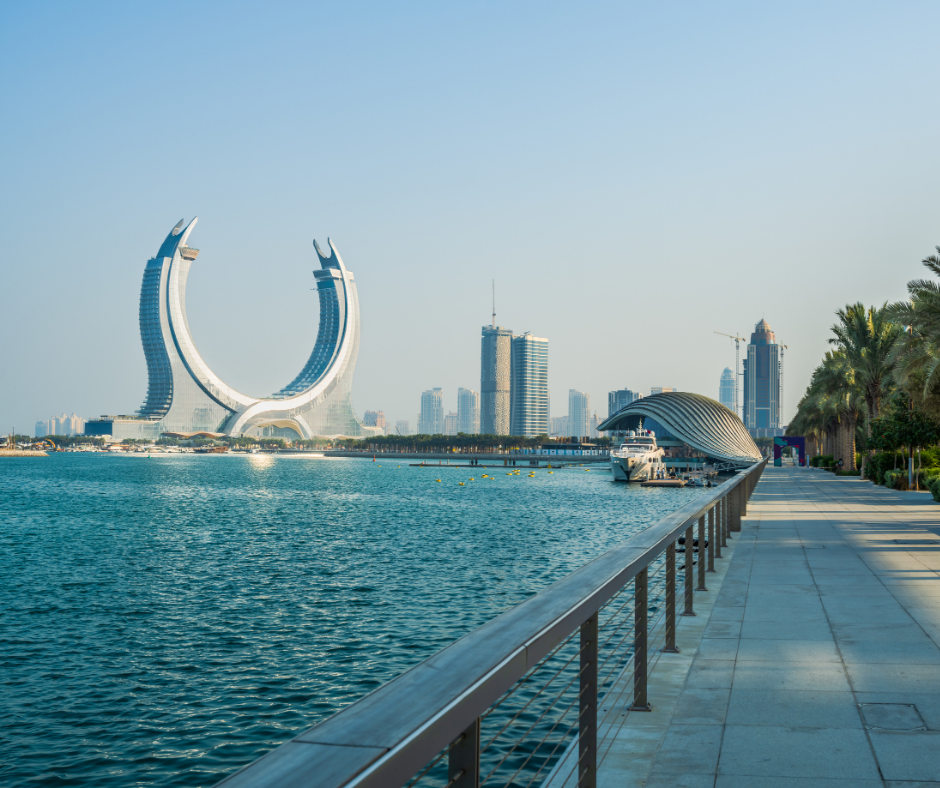
Qatar doesn’t just build hotels, it builds headlines.
From the 2022 FIFA World Cup to a constant stream of global forums, F1 races, and cultural showcases, the country has become one of the most event-saturated destinations in the Gulf.
With 42,000 hotel rooms in 2025 and foreign arrivals projected to reach 6 million annually by 2030, Qatar is investing in more than beds. It’s investing in an entire travel ecosystem designed for luxury, MICE, sports, and leisure on a world stage.
But while stadiums, towers, and resorts rise at record speed, distribution remains caught in old workflows—fragmented, manual, and opaque.
The next leap isn’t about adding more keys. It’s about unlocking smarter ways to connect them.
From Lusail Towers to Ras Abrouq Retreats
Qatar’s pipeline blends urban glamour, coastal escapes, and desert luxury.
The story is clear: Qatar is expanding outwards from Doha, creating a national hospitality network. The challenge? Making this new supply visible and bookable at global speed.
Beyond the Stadiums: The Frictions Slowing B2B Travel
For all its futuristic appeal, Qatar’s B2B travel workflows still need to keep pace.
The Government Playbook: Scale, Diversify, Digitalize
Qatar isn’t standing still. Its strategy reflects a long-term push to globalize its travel economy:
The vision is clear. The missing piece is a B2B distribution model that matches the speed of Qatar’s infrastructure build.
From Manual to Marketplace
This is where B-Marketplace steps in, bridging Qatar’s growing supply with global demand.
It enables:
In short, it’s the digital stadium Qatar’s B2B travel needs—built for speed, scale, and global connectivity.
Why Qatar, Why Now?
Qatar is no longer just a destination, it’s a platform for global travel. But to play at that scale, the back-end needs to be as world-class as the front-end.
Connected Qatar: A New Chapter in B2B Travel
The message for hoteliers, agencies, and buyers is simple: Qatar has the demand, the supply, and the vision. What it needs is the distribution engine to connect it all.
B-Marketplace is the bridge connecting global buyers with Qatar’s diverse supply, and ensuring the country’s travel sector is as seamless as it is spectacular.
📩 Let’s connect: sales@bakuun.com
Because Qatar’s next chapter in travel distribution deserves to be as connected, fast, and forward-thinking as its skyline.